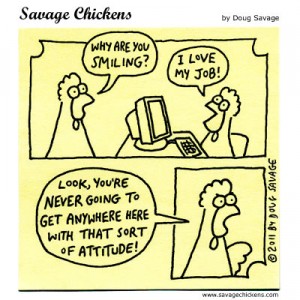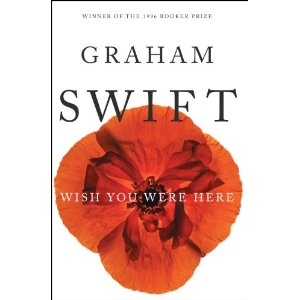The demise of the novel? This has been predicted again and again over the decades, if not the centuries, yet people keep reading novels. Here’s a recent vote of confidence in their persistence:
“The book-length text is coded in our DNA and will never go away; it is the written version of the oral myths and histories told on consecutive nights around campfires for 80,000 years. In each new generation, roughly the same percentage of people is born with this mutation: the need to be immersed in a long story told entirely through words.”
(Russell Galen, prominent New York literary agent)
Galen’s take is encouraging. But compare Booker Prize-winner Graham Swift’s even more recent remarks regarding the effects of e-books on writerly livelihoods:
“I think the tendency will be that writers will get even less than they get now for their work and sadly that could mean that some potential writers will see that they can’t make a living, they will give up and the world would be poorer for the books they might have written, so in that way it is quite a serious prospect.”
Quoted in The Telegraph (17 August 2011)
Swift would seem to be saying yeah, novels are good, but you actually need novelists to produce them, and without even a whiff of financial support to keep them at it, how many books are they likely to write? Except of course, for those purest of artists who are able to live on love alone. 
Another writerly occupational hazard: starving to death.
And yet another: the extinction of the novelist as a species, something already proclaimed by deconstructionists and an assortment of folk that don’t really understand the creative process, eh?
Savage Chickens cartoon used with permission of the artist, Doug Savage.
 Graham Swift’s Amazon page.
Graham Swift’s Amazon page.

No problem in the Democratic People’s Republic of Korea. All novelists and other writers live comfortably in the bosom of the state, their every need attended to thanks to the loving care of the Dear Leader and (if I may toot my own horn) the Youth Captain.
Truly a writers’ paradise. It used to be that Ireland was your writerly place to go to ground, novelists and suchlike being spared the burden of paying taxes. Now, I can see, it’s N. Korea that calls. I’ll bet we don’t even have to eat potatoes in the constant rain. At least I’ve never heard that eating too many potatoes is a problem there.
My son is 16 and has more than 1500 songs on his i-pod. He’s never paid for a piece of music in his life. The idea is totally foreign to him. Never even set foot in a store that sells music. He trades with his friends and gets free songs off the Web. He’s on his way to being an Eagle scout; a very honest, trustworthy boy who does not see this as stealing. It’s just that in his world this form of art has always been free. And yet there is no end of hot young bands churning out music. The music industry in America, if measured by numbers of professional artists, is bigger than it’s ever been. A young man wrote an op-ed piece in the NY Times Magazine a week ago about how he’d been a professional blogger, exclusively on the subject of Harry Potter, for 10 years. Now he’s worried that he won’t have anything to write about. Writers worry a lot.
All this will matter little to me, for I’ll be living in the Democratic Writers’ Paradise and not eating potatoes constantly.
Two points, nevertheless. First, I believe parallels between popular music bands and novelists can be very misleading, though such are regularly employed by current industry pollyannas. Second, aspiring novelists may be little reassured that they might make a living blogging about some popular movie series. Or writing crappy scripts for crappy movies.
So, I am thinking, as an avid reader, maybe I could get novelists to pay ME to read their books. Outside the box, contrary thinking. After all, I am becoming the rarer breed.
You’re on to something there, Kevin. Professional readers may be just what we need. Though it’ll be hard to find anyone who isn’t writing a book of their own and has the time. Those readers left should command high fees.